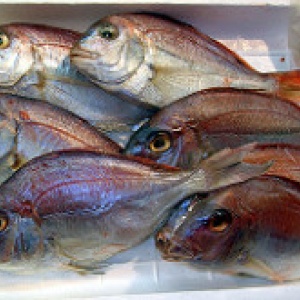
The European Environment Agency has published a report on food systems approaches for the seafood industry in Europe, with the explicit aim of making ‘a first contribution to the collective endeavour of rethinking Europe's food system for sustainability goals’.
A large part of the report is devoted to the exploration of what food systems thinking entails, why sustainability in food requires a policy framework that embraces a food systems approach, and in what ways the European institutions are and are not addressing this need.
The analysis explores the knowledge base on food systems and on the seafood that the EU produces, trades, and consumes. It highlights that production, trade, distribution and consumption of seafood for the EU are still mostly monitored in isolation, and so policy makers necessarily lack insight on certain key interactions on the journey from fish to fork. For example, this means that while 55% of the seafood consumed by EU citizens comes from outside EU borders, there is little information available beyond rough market data for this food. As such, information signals on ecological impacts of this supply of seafood are absent and externalities are easily ignored.
The report further assesses the implications of implementing a more integrated food system analysis for EU policy and knowledge development. The authors argue that key to a successful development of a food system approach in the EU are:
- Establishing a common language across the EU, which can be used to build a shared understanding of the food system outcomes on ecosystem health, nutrition, and food security, and how best to manage them; and
- The adoption of a ‘policy implementation process that departs from the classical problem-solving and planning paradigm and moves towards one that builds on systems learning and experimentation via iterative, adaptive and participatory processes, and [which] embrace[s] human factors that influence decision-making and behaviour more fully.’
The image below shows which EU policies with different timescales are relevant to food and sustainability.

The web highlight is here and the report can be directly downloaded here.







Post a new comment »